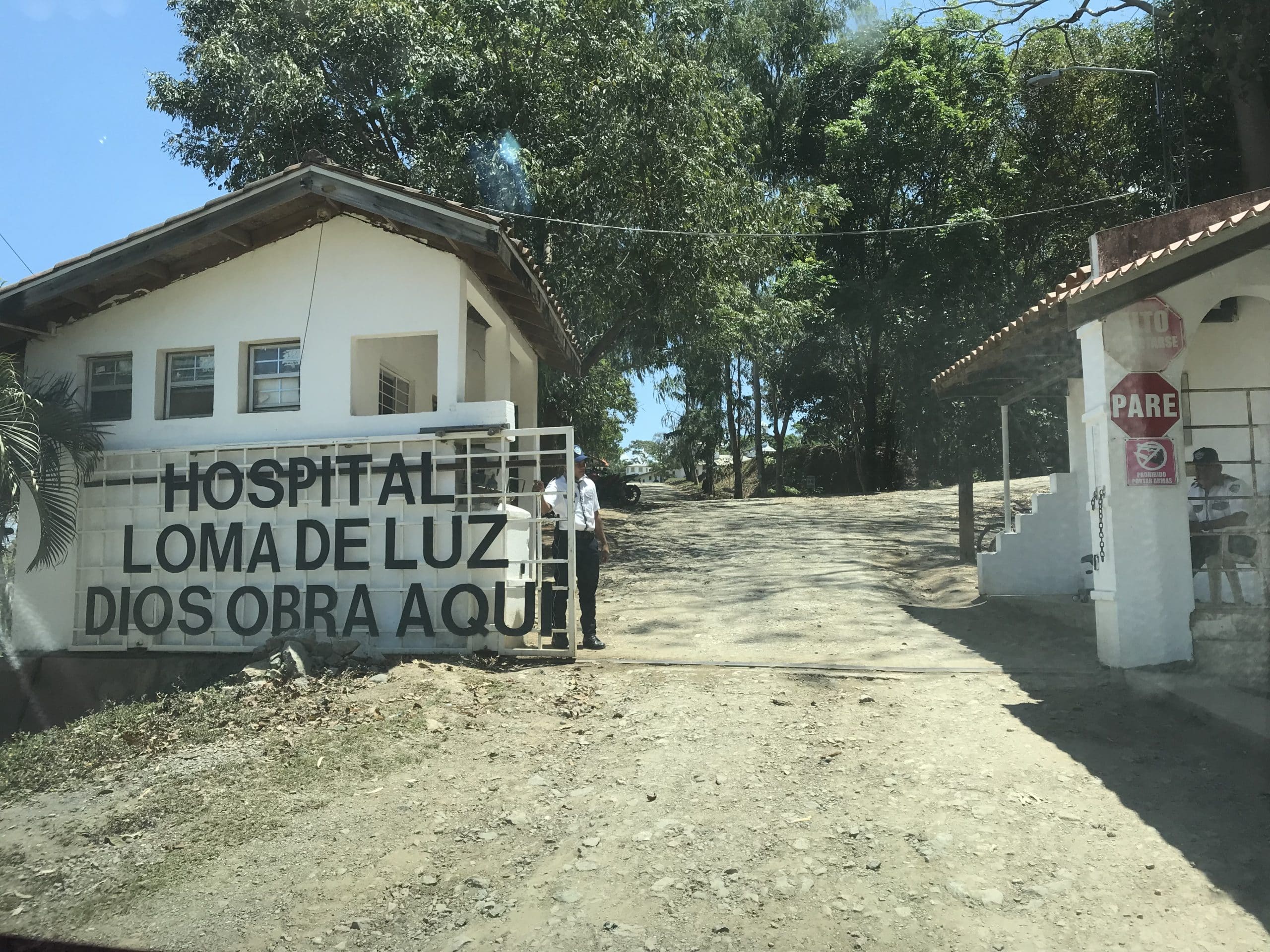Said the Surgicalist, “Let me describe my morning today. I’m training for an Ironman, so I biked for an hour and a half. Then I brought coffee to my wife before she left for work, and made breakfast for the kids, which I love to do. This week is my time to recenter.”
Would you guess this person is a barista? Part-time landscaper? Philanthropist? Wrong. Dr. Paul Fredette is an accomplished general surgeon. Fredette and his family of six live in Bellingham, Wash. He has served the patient community as a Surgicalist at PeaceHealth St. Joseph Medical Center for more than two years.
Fredette is also a surgicalist, which means he works regularly scheduled, dedicated shifts at the hospital. Sometimes referred to as a surgical hospitalist, the surgicalist model is a hospital-based career path for surgeons that separates private practice work from acute care. When Fredette is not on shift, he’s never on call. His free time is completely his own. And Fredette makes the most of it.
It’s All About the Patients. And His Family.
Fredette didn’t seek out a surgicalist opportunity. PeaceHealth launched a new surgicalist program to streamline its staffing and provider coverage. Because clinical teams are integrated into hospital workflows, culture, clinical committees, and the local community, surgicalist programs benefit hospitals by connecting facilities to top clinicians, regardless of where they live.
Fredette admits he was skeptical at first. He and his peers were not familiar with the model and shared potential concerns about compensation and process. But his reservations were soon dispelled. “It didn’t take me too long to see the light and embrace the change as a good idea. I remember thinking to myself, ‘This might be better than what I’m doing now.’ I could make just as much money, and I’d have more time off to spend with my family. I can simply focus on my patients and team. Plus, I don’t have to worry about running the business of my private practice.”
Real Time Off to Support Personal Ambitions

When he’s not at work, spending time with family, or training for an Ironman race, Fredette volunteers for a combined hospital, orphanage, and prosthetics lab in Honduras. He and his family aim to travel to Honduras at least once a year.
“This has been a fantastic experience for our family. The hospital was founded by a small group of American-trained surgeons, family doctors, internists, and E.R. doctors. It is located in a very remote area of Honduras and has grown into something great,” Fredette shares.
Fredette is pleased that his career as a surgicalist allows him to prioritize his humanitarian work. “If you’re in private practice, you still need to pay overhead. If you’re interested in humanitarian work and whatnot, you’re not making money when you’re unavailable. But now as a surgicalist, it’s easy.”
Promoting A Healthy Lifestyle Career
Young surgeons spend most of their 30s working through residency programs to establish their careers. Then comes the challenge of taking call, which can be exhausting and unpredictable. If a surgeon is trying to simultaneously run a private practice while taking call, they are often put into the difficult position where they may be needed at the same place, at the same time—with life and death consequences.
The surgicalist model was pioneered to alleviate the conflict between call and private practice for general, orthopedic, and trauma surgeons. It was designed to reframe the surgical profession as a lifestyle career. By removing call from the equation, providers can better focus on their patients, increase access to care for their communities, and avoid the perils of sleep deprivation and burnout.
“General surgery can be hard,” admits Fredette. “For example, I recently worked a weekend with a couple of really tough stressful cases back-to-back. I didn’t realize initially how the stress was affecting me.
“My wife says I’m really good at compartmentalizing and I don’t bring my work home. I think that I handle it all just fine. And I probably do. Surgeons usually possess the right temperament; we can handle the stress and life-and-death decision-making and all of that. But it does take a toll.”
The difference for surgicalists like Fredette is that after an intense patient encounter or shift, the provider knows personal recovery time is around the corner. The downtime surgicalists enjoy when they are not on shift bolsters positive mental health, morale, and attentiveness. Fredette also notes that regular time off allows him to decompress, evaluate, and focus on what’s ahead.
“It’s great to have time that is separate from work. It is reliable and predictable. I also appreciate shift work. I’m doing 12-hour shifts instead of 24-hour shifts. I also appreciate PAs, their help, and the camaraderie there. If anything, I wish there were more full-time surgicalists like myself.”
When asked what advice he’d give to a clinician who was considering the surgicalist career path, Fredette earnestly says, “Tell him or her to give me a call. I will gladly explain why working as a surgicalist is excellent. The shift work is great. Having blocks of time off is great. Having PA support, it’s just the way to go. The fact that I’m not dealing with paperwork or responsible for routine post-op check-ups is so helpful. Instead, I’m at the hospital, 100 percent devoted to my patients when they need me. And when I’m off, I can say the same for my family.”
Synergy Health Partners is actively managing surgicalist programs coast-to-coast. Learn more about Synergy Careers.
